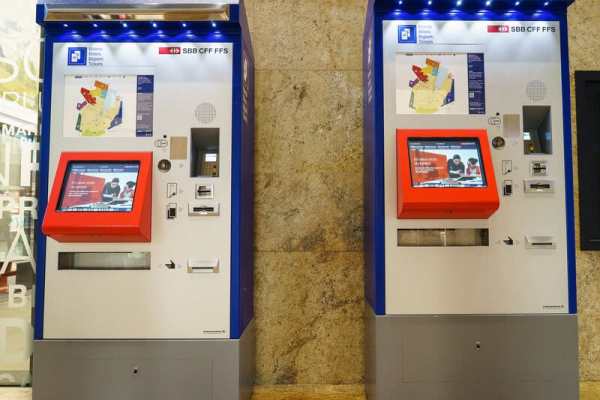Since 1990, the cost of travel by car has risen 24%, while travel by public transport has leapt by more than 100%, reported SRF. © Hai Huy Ton That | Dreamstime.comSince 1990, fuel prices and car prices have fallen, while the cost of tickets to ride public transport have consistently risen. According to Stefan Meierhans, Switzerland’s chief price watchdog, the rising cost gap is creating the wrong incentives. Why take a train when a car is cheaper? Another challenge is the way the cost falls on the user. Once someone has decided to buy a car and has insured it, the marginal cost of driving it is fuel. Train travel, by comparison, has a high marginal cost, unless you buy an all-you-can eat pass. However, most don’t use the network enough or travel far enough to warrant buying one
Topics:
Investec considers the following as important: Automotive, Editor's Choice, environment, Personal finance
This could be interesting, too:
Investec writes The global brands artificially inflating their prices on Swiss versions of their websites
Investec writes Swiss car insurance premiums going up in 2025
Investec writes The Swiss houses that must be demolished
Investec writes Swiss rent cuts possible following fall in reference rate
Since 1990, the cost of travel by car has risen 24%, while travel by public transport has leapt by more than 100%, reported SRF.

Since 1990, fuel prices and car prices have fallen, while the cost of tickets to ride public transport have consistently risen.
According to Stefan Meierhans, Switzerland’s chief price watchdog, the rising cost gap is creating the wrong incentives. Why take a train when a car is cheaper?
Another challenge is the way the cost falls on the user. Once someone has decided to buy a car and has insured it, the marginal cost of driving it is fuel. Train travel, by comparison, has a high marginal cost, unless you buy an all-you-can eat pass. However, most don’t use the network enough or travel far enough to warrant buying one of these passes. So CHF 20 of fuel wins over two train tickets at CHF 25.
Cars also win when you’re numerous. If the fuel cost is shared by four or five people, it will nearly always beat the cost of four or five train tickets. The family pass, which allows under 16s to travel free of charge when accompanied by a parent helps to solve this problem. But once your children turn 16 it makes financial sense for the family to get back in the car.
Why has the cost of public transport risen so much?
According to Martin Schonger, a economics professor at the University of Luzern, public transport has improved significantly since 1990 so it is worth more. In addition, rising staff costs have had an impact. When we drive, we don’t pay for our own driving labour. Taxis are relatively expensive for this very reason.
Will public transport prices continue to rise?
Probably. The industry continues to face head winds. More investment is required to cope with a growing population. And inputs such as energy, salaries and materials to maintain and expand infrastructure are likely to rise in price over time.
Could the government and taxpayers subsidise public transport more?
Perhaps. However, subsidies are already significant. According to the Public Transport Association, regional passenger networks already receive around 50% of their funding from cantonal and federal governments. Federal networks are similar. Swiss Rail received 27% of its revenue from the public purse in 2023.
More on this:
SRF article (in German)
For more stories like this on Switzerland follow us on Facebook and Twitter.
